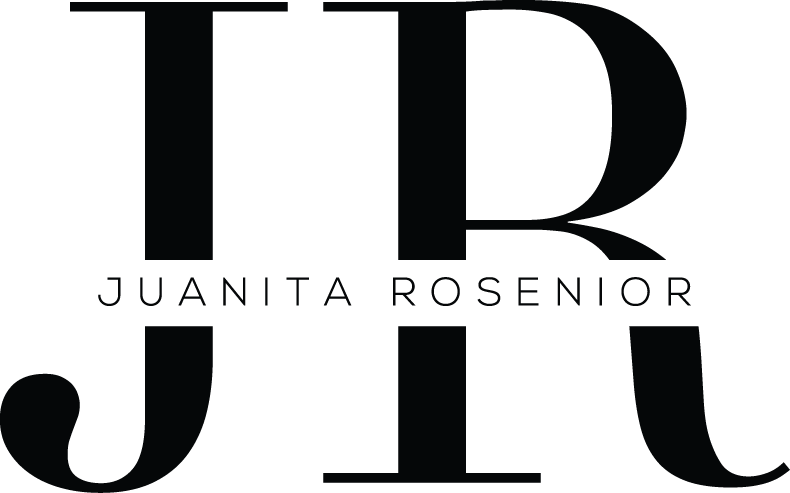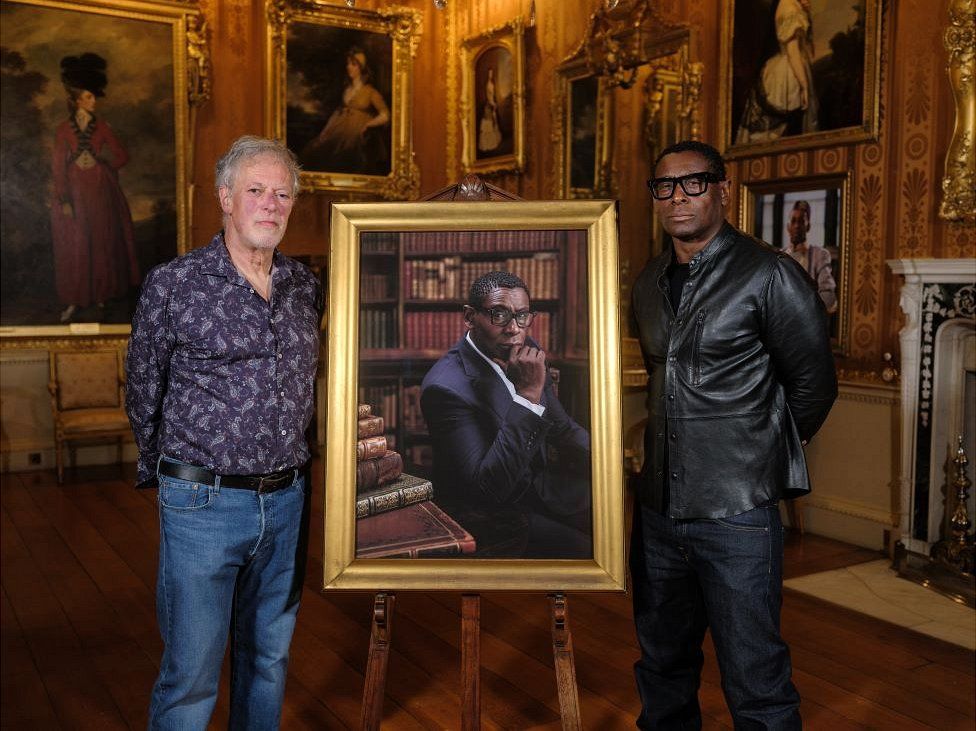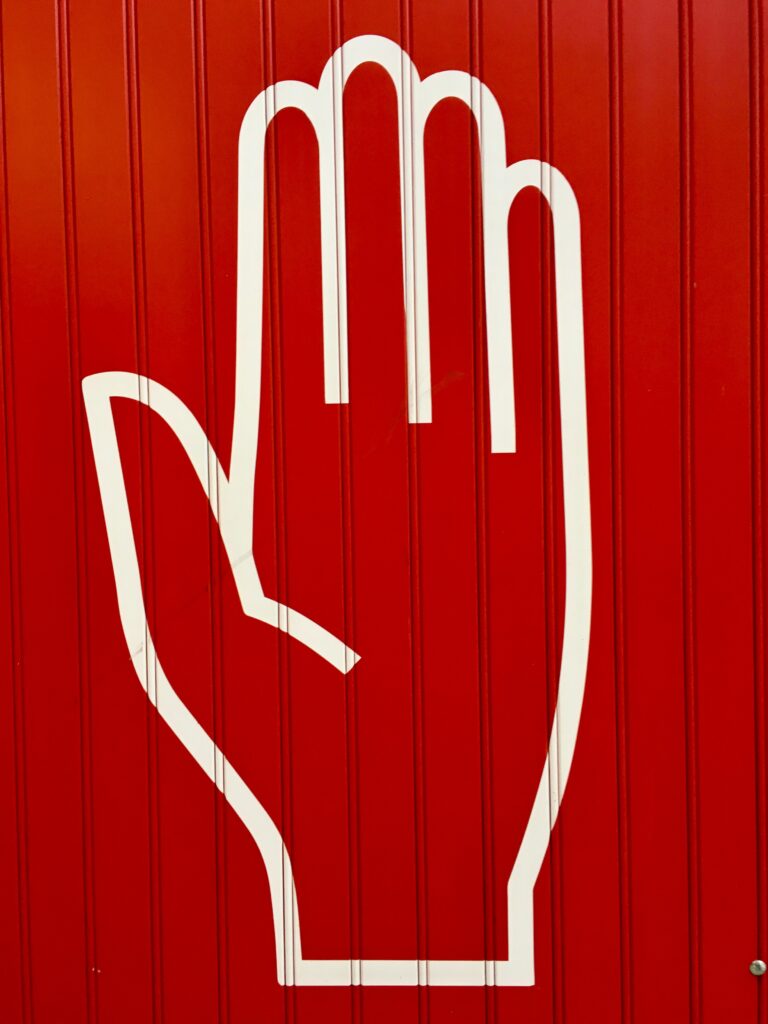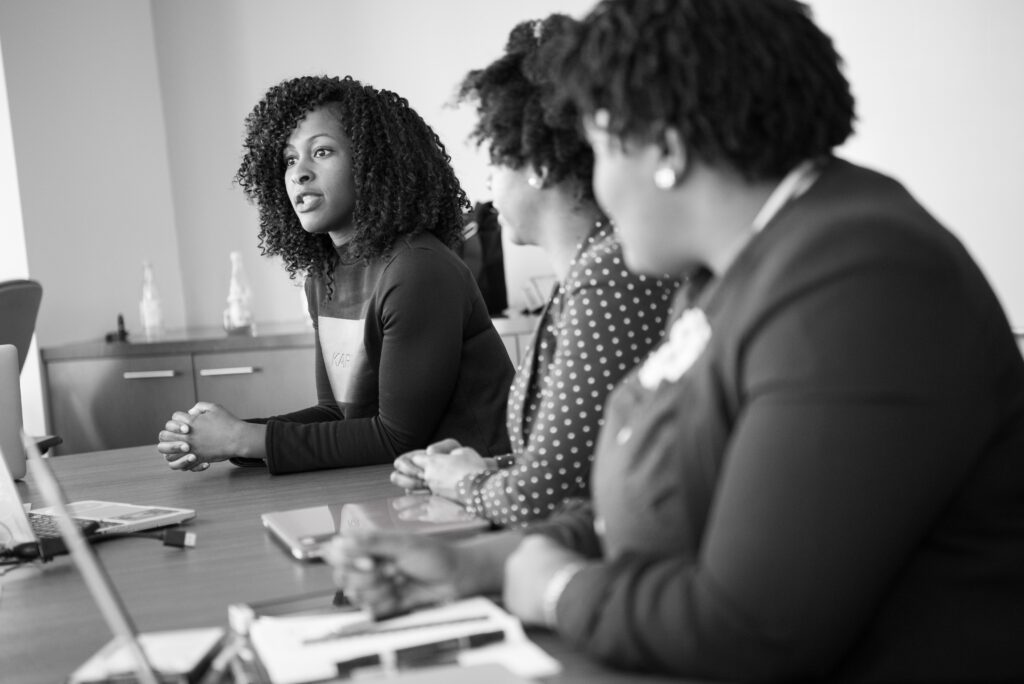
"Wear many hats but design all of them"
- 1 December 2023
- By admin
- 0 Comments
The Week Unboxed: Questions, Questions, Questions Edition
I actually wrote this edition of The Week Unboxed last week but decided not to post it as I’d seen a lot that made me frustrated. I didn’t think it was energy I wanted to put out. However, a week later, I came back and saw how much I’d written and realised that despite my anger at the time, my thoughts were still valid. So I’ve retained everything, including new talking point sections, where I explore a particular topic that has been brewing in my mind. Let me know what your thoughts on them are in the comments.
ARE YOU TAKE THE P***?: THE ACTOR AND THE EARL

David Harewood has had many roles both here and Stateside as an actor and director. Originally from Birmingham and of Barbadian descent, he has a familial relationship with the slave trade. Recently, the eighth Earl of Harewood commissioned a portrait of the actor to hang in his stately home. Why? According to the news report by the BBC, it’s part of the Earl’s attempts to tell the whole story of his family history of which David is part of. The Earl’s entire wealth was built by enslaved Africans, including David’s ancestors, which is why they share a surname. By including David’s image amongst other family portraits that hang in the stately home, the Earl wants it to trigger questions and unravel the relationship between his ancestors and one of the most inhumane atrocities against mankind in our history. What isn’t clear, though, is how those questions will be answered.
When I first heard this story, I thought it was interesting, but does the world benefit? Would David’s family benefit? Would there be a trust? A scholarship? Something? His portrait being hung on the Harewood estate doesn’t fundamentally change or really impact anything really.
The fact the Earl has admitted to not offering an apology even privately as he feels he didn’t directly commit the injustice against David is actually wild to me. Earl Harewood is missing the fact that his very existence and lifestyle are inextricably linked to David’s ancestors, and he continues to reap the benefits. No one wants a disingenuous apology, and I suppose hanging the portrait is like saying you have as much right to be here as anyone else. However, I couldn’t help wondering if David had found himself right back where his ancestors were where the Harewood estate was profiting from him yet again?
As I watched an interview between the two men, I could see David wrestling with the realities of their shared history, as he discusses his thoughts on moments where he considered changing his name, but I also saw something Black people often have to do which is to “applaud” their supposed white ‘allies’. The Earl can’t offer an apology on behalf of his family but will accept a thank you from the aggrieved party for paying to have his portrait in his home, which is what never makes sense. There is a misconception that you should be applauded for doing what’s right, and in this case, it helps Harewood Estate that David is a well-known and respected actor. You can’t ignore the PR wins there despite the dampener of the slavery connection.
Watch what I consider to be a very uncomfortable interview between David Harewood and the Earl of Harewood.
TALKING POINT: Can Black people ever be in control if they’re asking permission from their white counterparts?

As a business person, I believe in ownership. It allows you so much freedom to do what you want under your own volition and autonomy. In a recent video musician and sometimes futurist (so I’m told), Pharrell Williams spoke about why equity is more favourable than equality. In the Merriam-Webster dictionary, the two are described as follows “Equity refers to fairness or justice in the way people are treated, and especially freedom from bias or favoritism, as in “governed according to the principle of equity.” Equality refers to the quality or state of having the same rights and opportunities”
Now, in Pharrell’s case, I immediately took he reference to owning equity to be around monetary and licensing rights. When I first heard his thoughts, my immediate response was “But you are in a certain place in your career, ownership will come easy to you”. Now context is everything and there will certainly be more around the conversation he was having at the time but it made me think about how stilted the progression of Black people will continue to be if we don’t review some of our approaches to things or don’t strive to build our own wealth.
The bottom line is that change our lived experience and the ability to progress in the way our white counterparts do will be deathly slow because the perception is it doesn’t benefit all, especially those in power. World history has shown evidence of Black development being thwarted in order to keep the status quo. The Tulsa Massacre of 1921 in the United States is a prominent example of that where a number of Black people managed to build a thriving ecosystem that threatened to overpower their white counterparts structure. Everything was burnt to the ground.
Now when you look at the British ecosystem where since then Black people in the United States can go as far as to own banks, we’re nowhere near as far down the road to start to realise anything close to Tulsa despite it being 2023. But this isn’t exclusively down to power structures but there is a mindset shift that needs to happen in the community.
In some circles, the way forward or out of our current circumstances is to work collaboratively with our allies to source funding, resources, and leverage. Absolutely nothing wrong with that. However, where it becomes problematic is when we have to “play the game” until we are able to secure any support, meaning we have to make ourselves complicit in the process inadvertently. It also doesn’t assure us of continued success if we are constantly depending on allyship and not self-sustaining support, and here is where disappointment set in for me.
In 2023, despite the incident in May 2020, statistical data, economic proof, and factual evidence, it is still considered radical to call out systemic racism. We know it happens, but shouting too loudly puts our progression at risk.
It was a realisation that hit hard. I’ve been particularly aware of my Blackness post my teens. Living in London, everyone was equal on the surface, and I have a mother who always championed that I was as good as anybody else. However, after studying in a small town in Northern England and then heading into the real world, I experienced micro-aggressions – and sometimes overt aggressions – in the workplace and I had to learn how to navigate them as and when they occurred. Self-employment became a lifeline for me because it gave me ownership and the opportunity to learn, to lead, and to build from scratch. It gave me true equity because, again, ownership is key. However, as I’ve written here before, we still live in a world where – according to Crunchbase – investment into Black entrepreneurs is less than 2%. Black women get 1%, and these are statistics for the US who are arguably further along that the UK in its opportunities for its diverse groups.
And here is where disappointment sets in: can we ever truly be powerful on mass if we can only progress if others give us access? It seems like a model for ongoing and sustained oppression unless we generate income ourselves.
Interestingly, I’ve seen Black women, particularly those in the States, utilise the knowledge that is consistently available online to build their own reserves and build at least generational wealth. With organisations like Denmark’s Female Invest, which is now available globally and women like UK-based Selina Flavius and Bola Sol, and many more like them, teaching people how to break the cycle is where hope begins.
TALK TO ME, what do you think?
DID ANYONE SEE THIS COMING? VANESSA KINGORI MOVES TO GOOGLE

The other day I got the shock of my life scrolling through LinkedIn: Vanessa Kingori is moving to Google after 15 years at Conde Nast.
Why is this a story? People leave jobs all the time, right? But Vanessa is a bit of a beacon. Very selective about how and where she appears, she’s the epitome of Black elite and way beyond that she’s been supremely successful, managing the business strategy for many of their commercial titles successfully.
Ironically, whilst on set last week, I was debating on the changes being made at the publishing house. Edward Enninful’s tenure is shorter than his predecessors, and the new role sounds huge but very much buried behind the scenes, a contrast to the previous six years. Almost an “out to pasture” role when you consider the fanfare over his departure, including his selection as Britain’s most powerful Black Briton. It wouldn’t be a surprise to me if he leaves Conde Nast altogether within the next 18 months. My conjecture felt a little bit speculative until Vanessa’s announcement. If you wanted to look up the definition of work wife/husband/besties, these two are it! This latest episode feels like a teen drama when they’re caught doing something they should at one is sent to boarding school. Or Google in this instance.
Either way, nothing can ever deny Vanessa’s incredible career, which is so fantastic to watch. I’m looking forward to her continued rise as one of three strong female hires by the tech giant , a great move for the UK who are apparently laughably behind in the AI and tech space. If anyone is going to revolutionise their space, I bet it’s Vanessa.
TALKING POINT: Do Black women have the luxury of being unintentional?

I was scrolling through my stories and came across a video of Relationship Expert Paul Carrick Brunson speaking at an event. In the clip, he’s speaking to a woman about intentional dating and was trying to relate it to other areas of intentionality in her life. He related it to her career. She replied that she fell into her career. Ok, surely, as she wanted to progress. No was the response. She’d just naturally done well. In desperation, he related to her intention to get to work on time. Finally, she relented and said yes, she was intentional about that at least.
Honestly, I was jealous and vexed. That was a privilege I don’t believe extends to women that look like me in the Western world. In order for Black women to progress in the world, they are backed into intentionally either by having carer or parental responsibility or by simply wanting to reach your full potential. As I thought through the women around me – and maybe it’s the women I choose to associate with – but if we want to get anywhere, we’ve had to be intentional. The alternative is that we’re kept away from personal success in our professional lives (intentionally climbing, taking opportunities), in our personal lives (intentionally resting when the world would make us their mule), in love (intentionally being clear on our boundaries to avoid being stripped of our being.) It made me wonder if Black women ever have the privilege of coasting or having opportunity handed to us. I can’t imagine that Vanessa Kingori has been anything other than intentional to get to where she is now…
TALK TO ME, what do you think?
ON THAT NOTE…

I come back to Pharrell on his advice for all of us in 2024. In the video below, a clip from an interview with Forbes, he encourages people to be prepared and support “our own”. If the rumour mill is to be believed, there will change in our political powers. I’m all for change, and I think Pharrell’s advice is sage if a little familiar as more people are intentional about where they spend their money and their time.